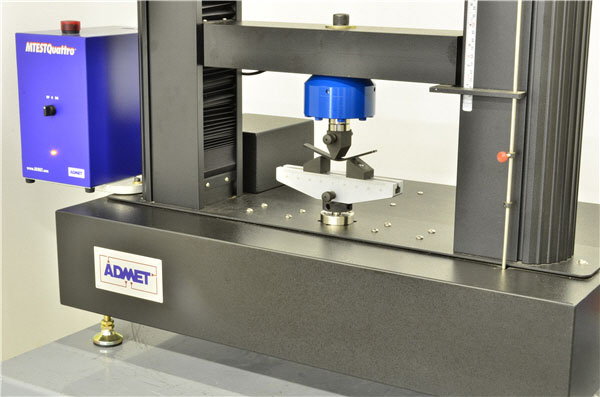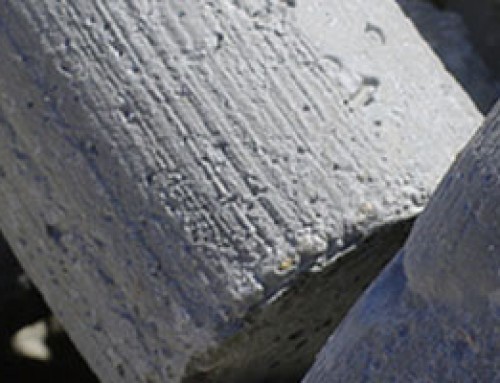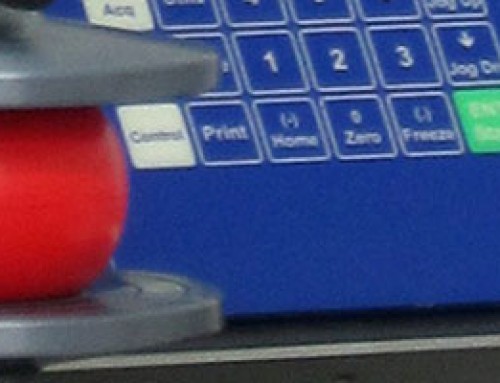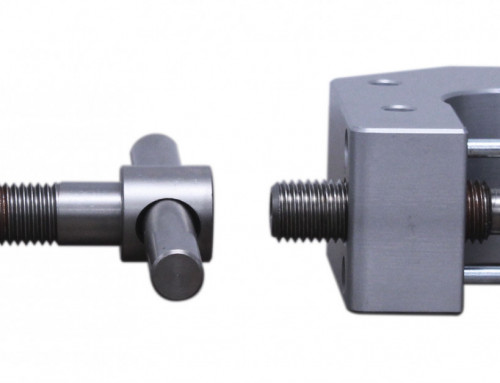As a manufacturer in the material testing industry, ADMET is linked with other sectors that rely on materials. Our engineers closely follow relevant studies and news updates in various industries including material research, machinery, construction, and additive manufacturing. Additive manufacturing is maturing rapidly; there have been many advancements in 3D printing and 3D printed components as well as end products that are designed to be used in a variety of applications.
Additive manufacturing products were mainly made of hard materials such as metal, ceramic, or plastic. With recent advancements, researchers were able to 3D print soft elastic silicone, by novel 3D printing processes to make medical products such as hearing aids and silicone based prosthesis. In addition to the capability of 3D printing biocompatible parts, researchers in the field developed a new method to use commercially available 3D printers to produce functioning devices with the electronics already embedded inside. To do so, a novel filament with a complex internal structure made up of different materials arranged in a precise configuration was used with a special nozzle that operates at lower temperatures at a faster rate to molten the outer layer only. This novel method can also be applied to the medical device industry, specifically to allow matching the device to a certain patient’s own body.
Other exciting research is on using commercial 3D printers to embed complex sensors inside robotic limbs and grippers. If successful, an entire robot can be made in one print. University of California Robotics Department studies delineate that commercially available materials for 3D printing are not there yet to provide full functionality, showing the link between material research and additive manufacturing.
On the other hand, researchers in the Netherlands will be testing the first metal 3D-printed bridge in the world. Testing will include construction tests and safety and functionality tests to ensure the 3D-printed bridge is able to carry the expected loads while withstanding environmental conditions.
Testing Equipment
ADMET testing systems are used by 3D printing companies as well as companies and research teams that use 3D printing to create novel products.
Universal testing systems such as the eXpert 2600 dual column electromechanical testing machine and the eXpert 1600 servohydraulic testing machine can be equipped with various fixturing to test new materials and 3D printed end products. All eXpert systems are capable of performing reliable and repeatable tension, compression, peel, and flexure tests.
ADMET also offers a line of biaxial testing systems that exert force in multiple axes. ADMET biaxial testing systems come equipped with MTESTQuattro, our powerful and versatile software controller. Users can easily create and recall ASTM compatible and user-definable test procedures and generate test reports that include a stress vs. strain curve and a summary of observed and calculated mechanical data, such as load at break. MTESTQuattro also comes with many automated features like break detection, which stops the test when the test specimen fails.
For fatigue testing applications, a wide range of fatigue testing systems are available to suit testing requirements for the additive manufacturing industry. Higher capacities for each system can be accommodated based on customer needs.







